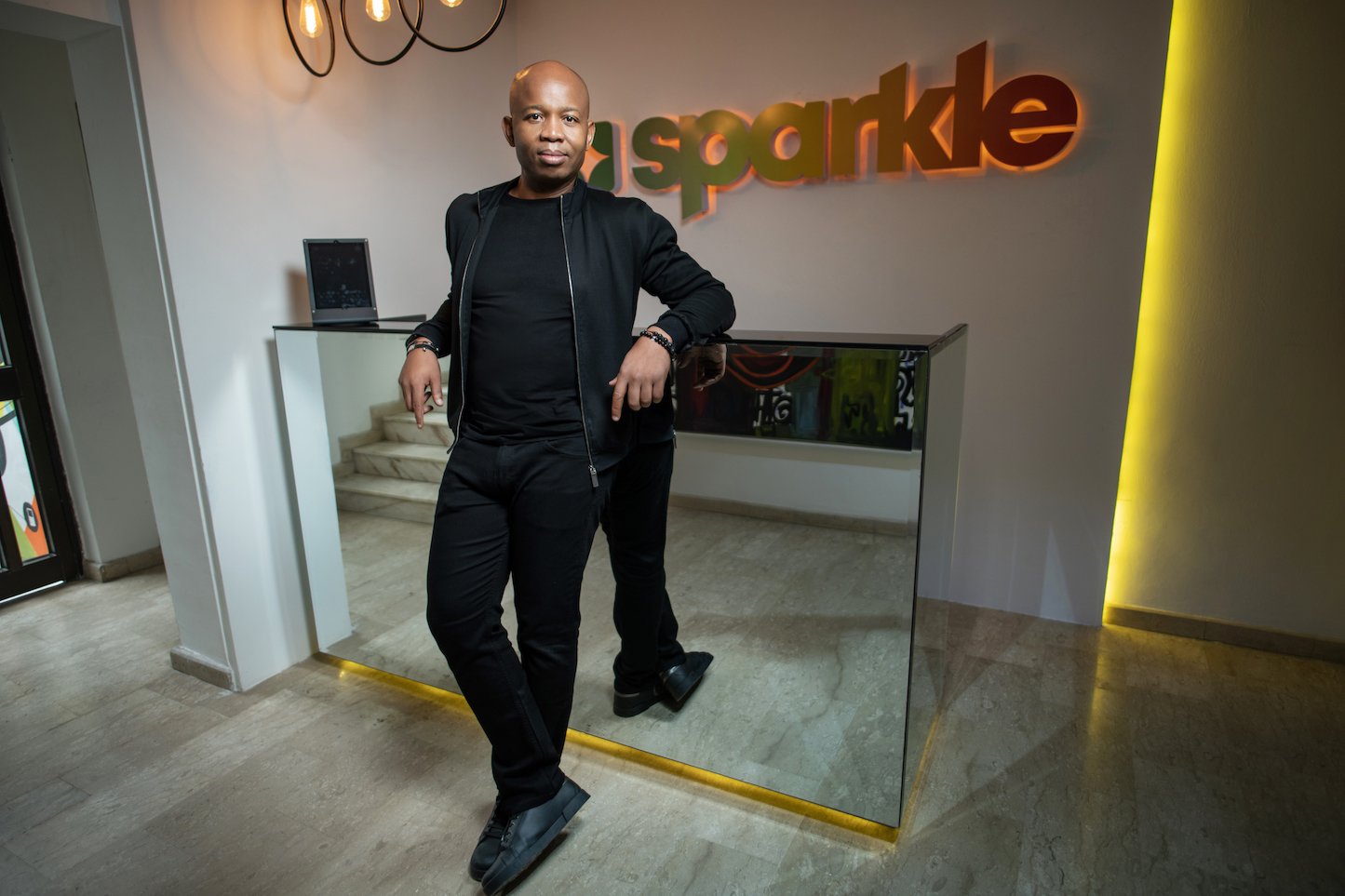
He is the African banker with a sparkle in his eye who believes there is glittering gold in the sprawling, often chaotic, world of Nigeria’s informal economy.
Uzoma Dozie – the chemist turned entrepreneur – is the scion of one of Nigeria’s wealthiest and most influential families.
At the age of 55, he is on an entrepreneurial journey which he believes will unlock vast wealth and growth in the mighty informal sector driving the biggest economy in Africa.
The venture sprang from Dozie’s experience running the family business, Diamond Bank. When he saw digital banking customer numbers trebling he knew it was time to start his own operation in the tech space.
That decision to seek out a new venture was hastened in 2019 by the $235m merger of Diamond Bank and Access Bank to create the biggest bank in Africa, with 29m customers.
The deal led to Dozie’s exit as CEO, and the launch of a new venture, Sparkle, a mobile-driven digital platform aimed at millions of largely informal retailers which uses AI to offer cheaper banking services.
“I am a banker that understands technology. As a banker you have to understand how to store wealth and how to take risks,” he says from Lagos.
A few eyebrows were raised in the banking world when Sparkle – its name redolent of the old family business – was announced. Dozie relishes the connection, but points to how different his experiences have been.
“The name Sparkle is intentional. Sparkle is a new digital version of Diamond. What do diamonds do? They sparkle!” he says.
“Compared to where I am working today, Diamond Bank is far back. Really, it has been an education…Sparkle was built by 20 people under the age of 35.”
Prodigal son
The company website calls Dozie the “chief sparkler”, and there is indeed a rare brio about the man. Dozie may not be the richest entrepreneur in Nigeria, but certainly he is one of the friendliest. Be it in
Davos in Switzerland or Dulles International Airport in Washington, Dozie will always stop for a quick laugh and a chat.
His garrulous reputation is a part inheritance from his 85-year-old father Pascal Dozie, one of the sages of West African business, who has lived a remarkable life defined by an incredibly sharp eye for wealth creation.
In the late 90s Dozie Sr was handed the job of helping fledgling mobile network MTN to gather investors for its launch in Nigeria. His task was to raise 40% of the capital for the launch from local investors. He trudged from office to office, even going to Nigerian expatriates in Washington and New York. But the local investors proved sceptical and, disappointingly, he was only able to raise 20% of the capital from them: others filled the gap.
However, when he spoke to me in 2016 MTN had 60m subscribers, and those who invested on the ground floor had made back their money 20 times over.
“Many people tell me now they wish they invested,” he told me in Lagos with a brisk laugh.
He is also probably the only millionaire on the continent to have shared a classroom with Rolling Stones frontman Mick Jagger.
The two studied together at the London School of Economics; Jagger left when he cut his first single in 1963; Dozie graduated to life as an economist, first in London, then in Uganda.
“We thought Mick was very different,” he once told me. “We were very conservative and he had long hair. As an African, coming from Nigeria, I couldn’t believe he was giving up his studies to go and play music. It went against the grain for me. In the village where I grew up you only played music if you had nothing else to do!”
Behind Dozie Sr’s success and confidence lay pain and bitterness back home in Nigeria. Two of Dozie Sr’s brothers fought in the bloody Biafran War, which claimed the lives of 100,000 troops and starved to death an estimated 2m civilians.
His mother was caught up in the refugee columns and between 1967 and 1971 he had no idea where she was. At the end of the war, his mother somehow got in touch and Dozie Sr travelled home from Uganda to care for her and lay the foundations of the family fortune.
In 1971 he founded his first business, the African Development Consulting Group (ADCG). The origins of what was to become the main family business lie in the mid-1980s and were born of observing a trek of traders from his home village of Owerri, in Imo State, in eastern Nigeria. Most carried bundles of notes, which roadside robbers were quick to relieve them of.
The troubles of everyday folk led to the foundation of Diamond Bank, which focused on money transfers that would enable the traders to travel without the need to carry large quantities of cash.
It all began in a tiny third floor office in Victoria Island in Lagos, with 20 staff and a mere $5m in cash. Diamond Bank shook off early scepticism – many would not do business with such a young company in the fly-by-night world of Nigerian banking – to eventually serve 16m customers.
This is the tough act that his eldest son has to follow.
Get on my cloud
Dozie has made a fair start with Sparkle, which he founded in 2019. Focused on the retail sector, the company claims it has nearly 250,000 customers, doing 20,000 transactions a day worth at least $420m so far. Small beer, perhaps, in Nigeria’s massive banking industry, but a start.
Sparkle aims to undercut the opposition, using AI and machine learning to get the edge. The company uses AI to communicate with customers who speak Nigeria’s 500+ tongues from Yoruba to Hausa. Other services include tracking daily, weekly and monthly spending patterns.
The target market for Sparkle is Nigeria’s 40m micro, small and medium enterprises. It is estimated that they employ over 80% of its people and contribute around 50% of GDP even though many of their owners have never set foot in a bank.
“The whole idea of Sparkle is to help formalise small businesses. In Nigeria most businesses are informal… The reason why they are not formal is there is no incentive to become so; the cost of becoming formal is very, very, high.
“It is also about documenting your accounts and transactions. That is one of Sparkle’s propositions…we provide one of the things that startups need, you need payroll, you need inventory, you need invoices, at a price you can afford,” Dozie says.
With the advent of the African Continental Free Trade Area, I ask whether he is looking to expand into the rest of the continent.
“I have built a network of people, I have built relationships. It is going to take a long time, but we don’t have to go to Africa yet because Nigeria has a big market with a big diaspora,” he says.
It is a big ask to secure a substantial slice of a cutthroat market – I ask Dozie where he sees Sparkle in five years.
“Who is my competition today? Traditional banks. In traditional banks you have a lot of people who have been doing banking the same way for years. We want to provide them with an alternative because the future is digital.
“I want to get people who have never been into a bank in their lives. We want people to say: ‘I want to start a business; I want to be with Sparkle.’ That is where we want to be in five years.”
Finding satisfaction
In the meantime, Dozie is harnessing his entrepreneur smarts as an angel investor with his investment vehicle Black Knights.
“Technology has enabled us to help more people. I think financial services can leapfrog through technological advances,” he says.
One investment, according to Dozie, has been into Nigerian furniture company Taeillo – a company he employed to furnish his Lagos office. He says it makes minimalist furniture along the lines of IKEA.
Jumoke Dada founded the company in 2018, when she was aged 26, with the aim of providing Nigerian consumers with original contemporary furniture that could rival imports in terms of quality – the value of furniture imports into Nigeria is estimated at $8bn a year.
The company has raised over $3m in three rounds of funding, including $2.5m in a round at the end of 2022. At the time it had already expanded to Kenya from Nigeria, shipped almost 10,000 furniture pieces and served over 5,000 customers in both markets.
Black Knights invested in the company to help it expand, giving it confidence which attracts other investors, says Dozie.
“Investors in my fund are not just putting in money they also give financial insights and advice as well.
“This angel investing gives me a lot of satisfaction. I think like my father. He would invest and the returns would be financial and non-financial. You find as you progress in life, those non-financial returns give you a warm body feeling that just wants you to help more people.”
It seems that the Dozie family finds satisfaction a lot easier than Mick Jagger.

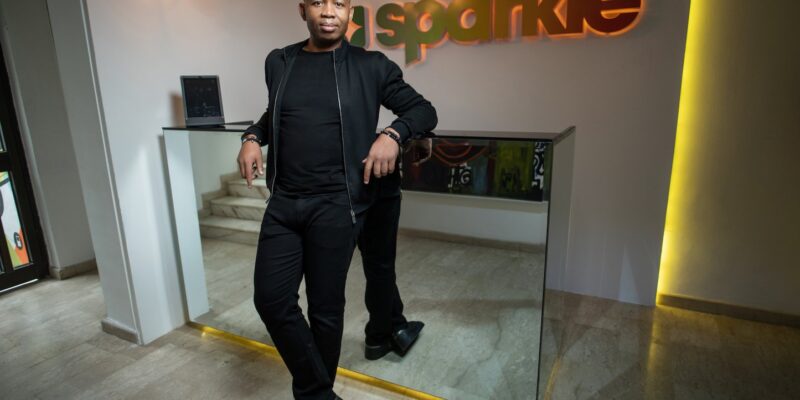
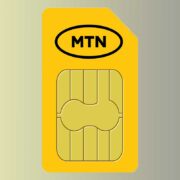
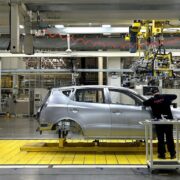

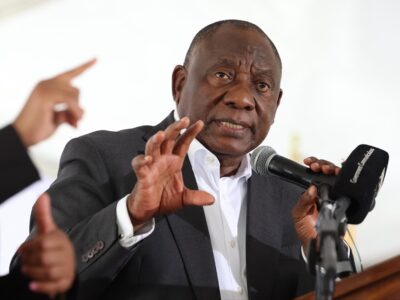
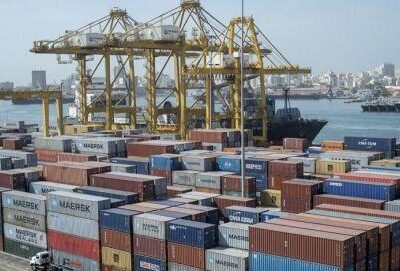
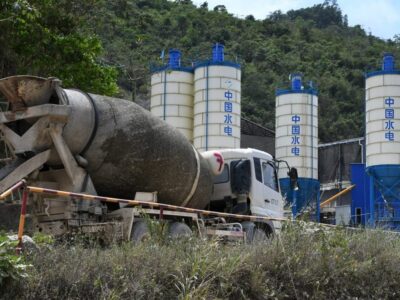


Comments